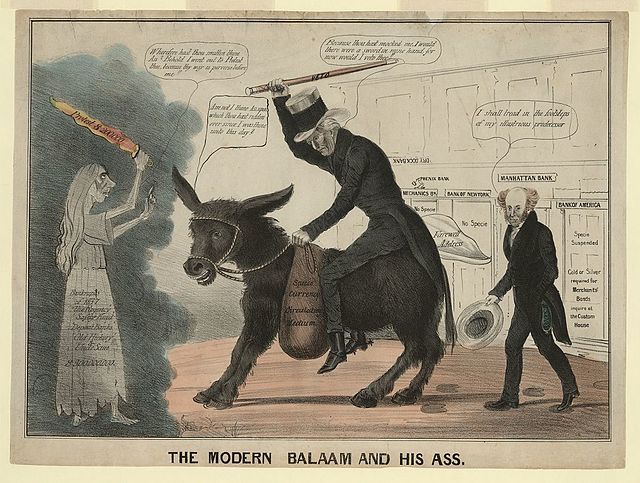1856 United States presidential election
The 1856 United States presidential election was the 18th quadrennial presidential election, held on Tuesday, November 4, 1856. In a three-way election, Democrat James Buchanan defeated Republican nominee John C. Frémont and Know Nothing nominee Millard Fillmore. The main issue was the expansion of slavery as facilitated by the Kansas–Nebraska Act of 1854. Buchanan defeated President Franklin Pierce at the 1856 Democratic National Convention for the nomination. Pierce had become widely unpopular in the North because of his support for the pro-slavery faction in the ongoing civil war in territorial Kansas, and Buchanan, a former Secretary of State, had avoided the divisive debates over the Kansas–Nebraska Act by being in Europe as the Ambassador to the United Kingdom.
Image: James Buchanan (cropped)
Image: John Charles Fremont crop
Image: Fillmore (cropped)
Franklin Pierce, the incumbent president in 1856, whose term expired on March 4, 1857
History of the Democratic Party (United States)
The Democratic Party is one of the two major political parties of the United States political system and the oldest active political party in the country as well as in the world. The Democratic party was founded in 1828. It is also the oldest active voter-based political party in the world. The party has changed significantly during its nearly two centuries of existence. Once known as the party of the "common man," the early Democratic Party stood for individual rights and state sovereignty, and opposed banks and high tariffs. In the first decades of its existence, from 1832 to the mid-1850s, under Presidents Andrew Jackson, Martin Van Buren, and James K. Polk, the Democrats usually bested the opposition Whig Party by narrow margins.
Andrew Jackson, founder of the Democratic Party and the first president it elected.
An 1837 cartoon depicted Jackson leading a donkey which refused to follow, portraying that Democrats would not be led by the previous president
Martin Van Buren
August Belmont: DNC Chair for 12 years during and after the Civil war








